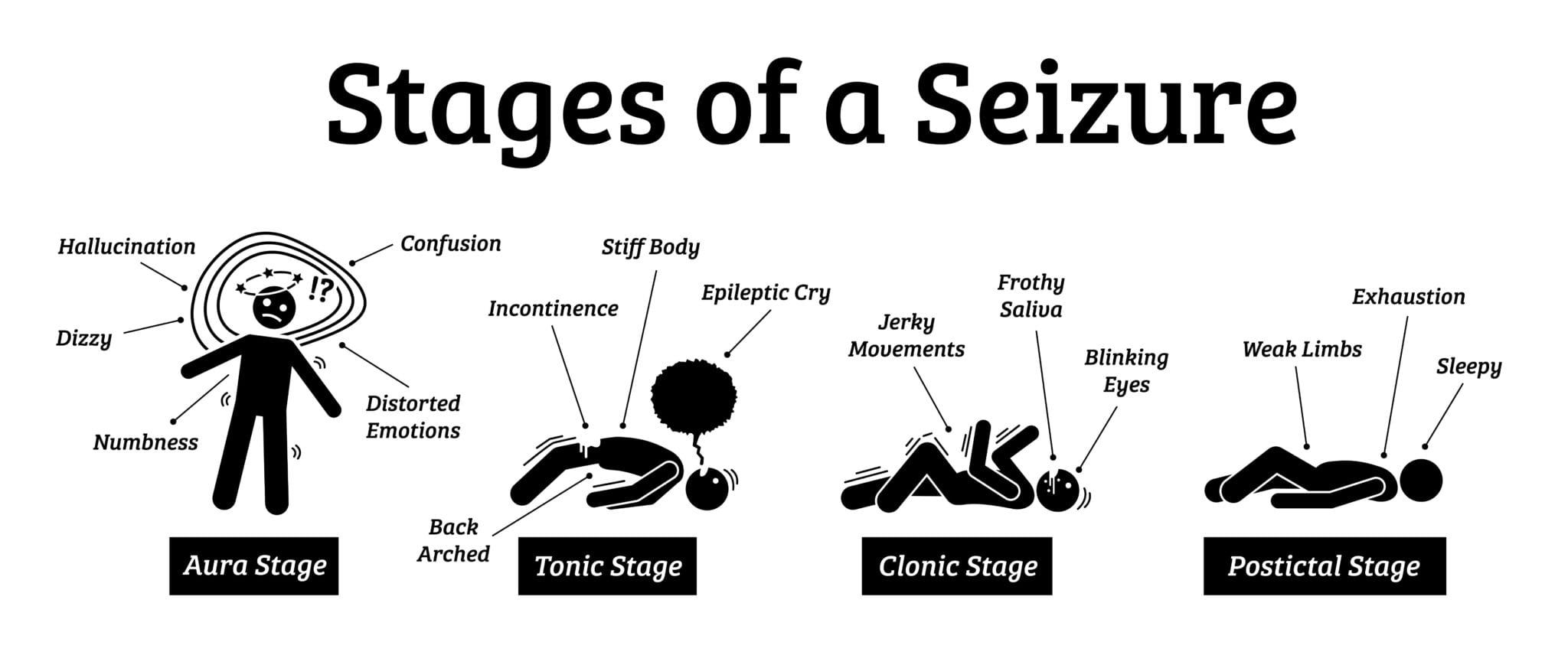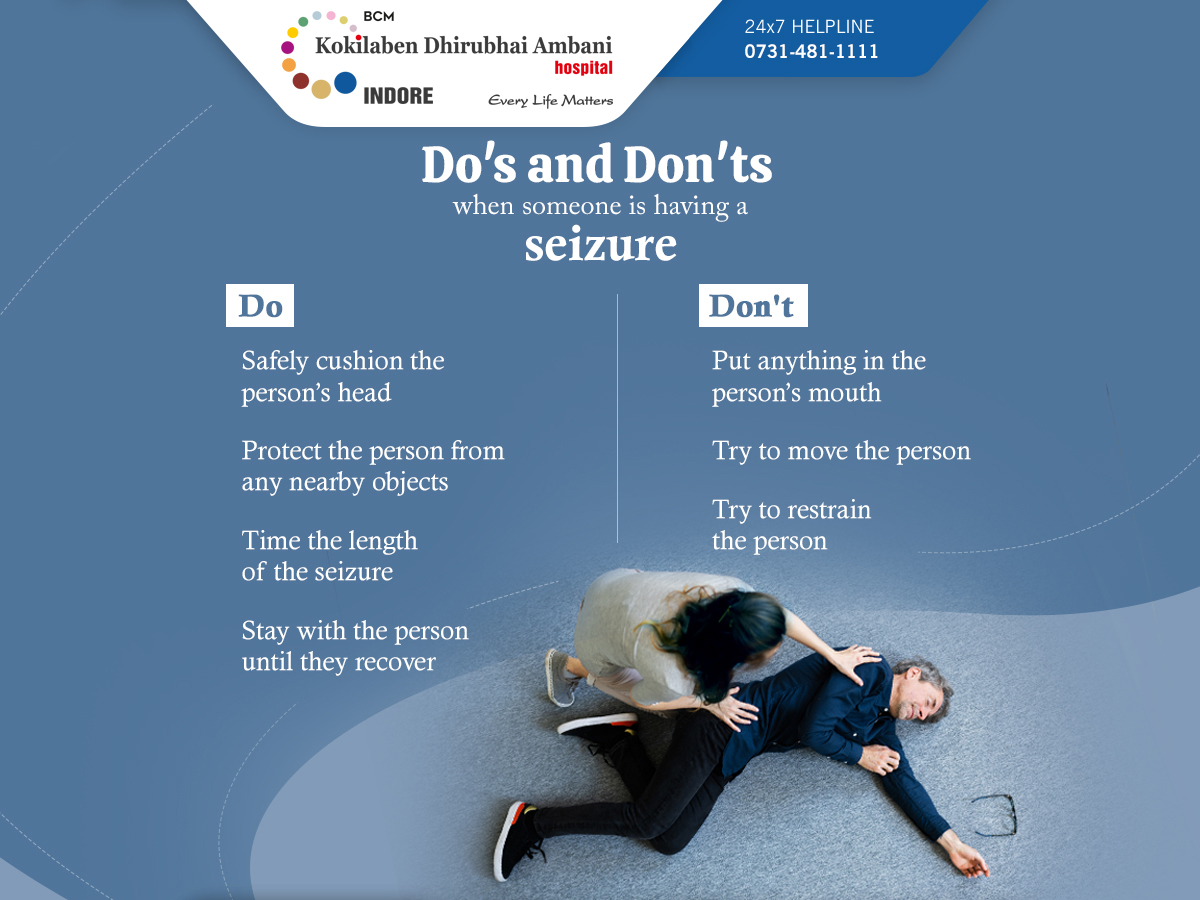What happens when someone you know experiences a seizure? Knowing what to do can be the difference between a calm, safe situation and a medical emergency.
As Dr. Clio Rubinos, a UNC Health neurologist, points out, most seizures are brief, often lasting only a few seconds or minutes. The crucial thing, she emphasizes, is to remain calm and reassure the person experiencing the seizure. While witnessing a seizure can be unsettling, it's important to remember that the vast majority are not life-threatening.
Seizures are, in fact, quite common. Roughly 1 in 10 people will experience a seizure at some point in their lives. Learning to recognize the signs, understanding how to keep someone safe during a seizure, and knowing when to seek professional medical assistance are essential skills for anyone. If you find yourself in the presence of someone having a seizure or fit, your immediate actions can make a significant difference.
Consider this table to get the correct information:
| Category | Information |
|---|---|
| Definition of Seizure | A sudden, uncontrolled electrical disturbance in the brain. |
| Prevalence | Affects approximately 1 in 10 people at some point in their lives. |
| Duration of most seizures | Typically lasts a few seconds or minutes. |
| First Aid Actions |
|
| What NOT to do |
|
| When to call 911 |
|
| Types of Seizures | Vary widely, and may include Tonic-clonic, Absence, Focal. |
| Epilepsy | A chronic disorder characterized by recurrent seizures. |
| Identification | Check for medical identification (card, bracelet, etc.) that can help provide additional information about the person's condition. |
| Reference | Epilepsy Foundation |


